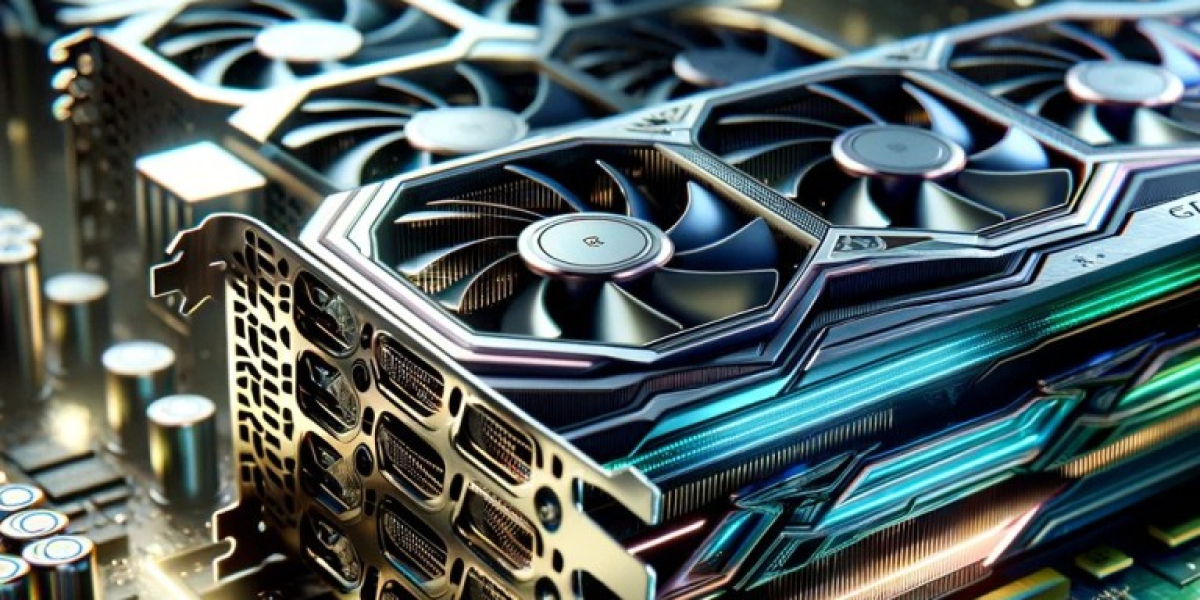Nvidia, the renowned American technology company, is making significant strides in India’s AI sector as it partners with key players in its tech landscape. This collaboration will reshape the Indian AI landscape and help overcome Nvidia’s challenges selling high-end data center GPUs in China.
Partnership with Yotta: $1 billion deal for 32,000 GPUs
In a deal worth approximately $1 billion, Indian data center operator Yotta plans to deploy 32,000 Nvidia H100 and H200 GPUs by 2025. The bulk of these GPUs, around 16,000, are set to be delivered by July 2024. These powerful accelerators will find a home in an AI-focused data center within the Gujarat International Finance Tec-City, scheduled to open in March.
In an interview with Reuters, Yotta’s CEO, Sunil Gupta, emphasized the crucial role of American-made accelerators, specifically Nvidia’s, in fostering AI growth in India. With machine-learning adoption projected to reach $14 billion by the end of the decade, the success of AI in India hinges on the availability of the proper infrastructure.
Nvidia’s strategic partnerships in India
Nvidia’s influence in India extends beyond its collaboration with Yotta. In September, Nvidia announced partnerships with two major Indian conglomerates, Reliance Industries and Tata Group, to expand AI services in the country.
Reliance Industries, a diverse multinational with interests spanning textiles, energy, telecommunications, and more, plans to utilize Nvidia accelerators to train large language models for India’s numerous languages and dialects. These accelerators include Nvidia’s GH200 Superchips, which will be deployed in data centers managed by Reliance’s telecommunications arm, Jio.
Meanwhile, Tata Group is working closely with Nvidia to develop an AI supercomputer powered by the GH200. This supercomputer will drive a range of innovative cloud services. While the number of GPUs Tata and Reliance have committed to deploying remains undisclosed, it underscores Nvidia’s growing presence and influence in India’s tech landscape.
Nvidia’s challenge in China
Nvidia’s burgeoning role in India is particularly significant due to its dwindling ability to sell high-end data center GPUs in China. Before announcing US export restrictions in October, Nvidia planned to sell $5 billion worth of A800 and H800 accelerators to Chinese tech giants between 2023 and 2024.
However, these export restrictions effectively halted the sale of most data center GPUs bound for China, prompting Nvidia to develop a trio of export-compliant accelerators that align with the export limits set by the Biden administration. This move did not go unnoticed, as it attracted criticism from US Commerce Secretary Gina Raimondo.
The challenge for Nvidia is whether Chinese buyers are still interested in these scaled-down chips. Reports indicate that Chinese firms are not particularly enthusiastic about the modified offerings.
Nevertheless, Nvidia’s finance team remains optimistic, citing the robust global demand for AI accelerators. In their October statement, they expressed confidence that the additional restrictions would not have a significant near-term impact on their financial results. The true extent of Nvidia’s fortunes will become clearer when the company presents its fourth-quarter revenues next month.
As Nvidia forges key partnerships in India and navigates the complexities of the Chinese market, it is clear that the company is committed to expanding its global footprint in the AI sector. The collaborations with Yotta, Reliance Industries, and Tata Group are expected to drive innovation and growth in India’s AI landscape. At the same time, the challenges in China present a unique set of hurdles for the tech giant to overcome.







